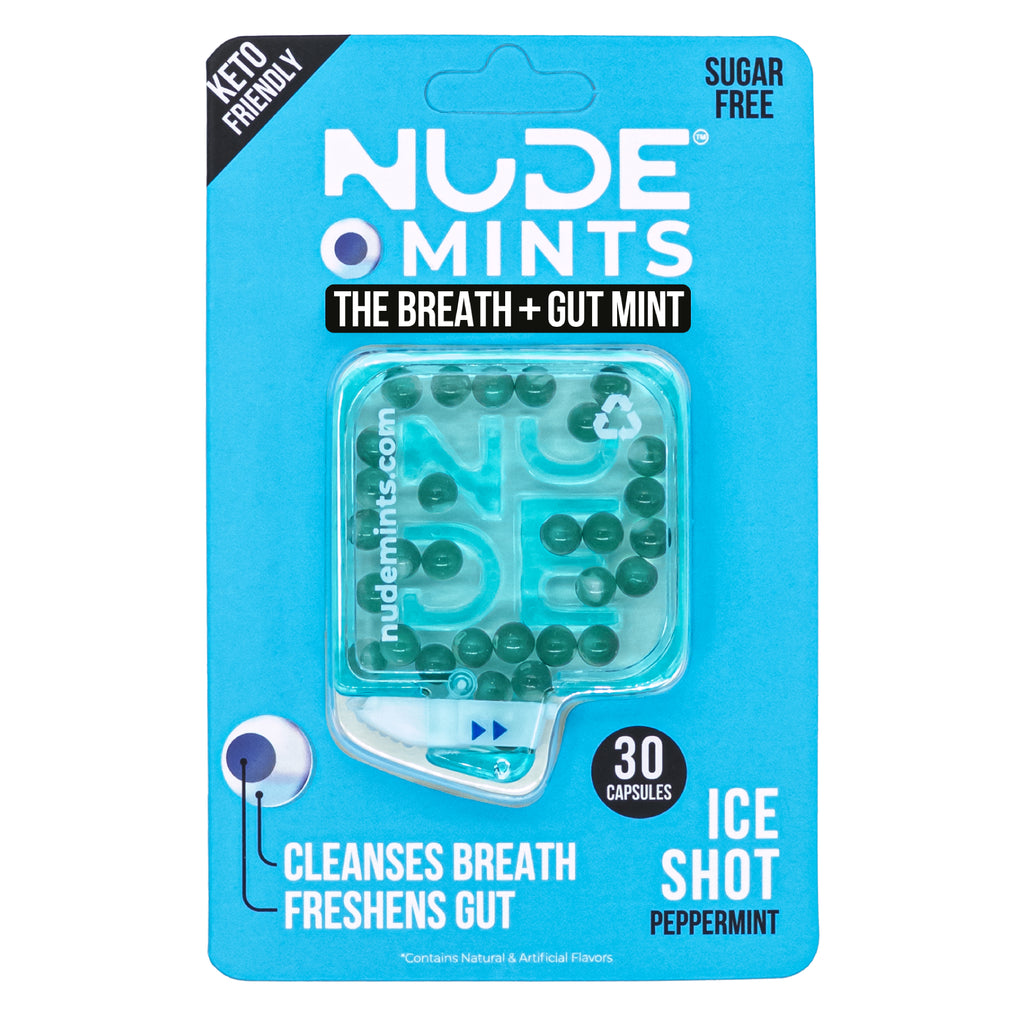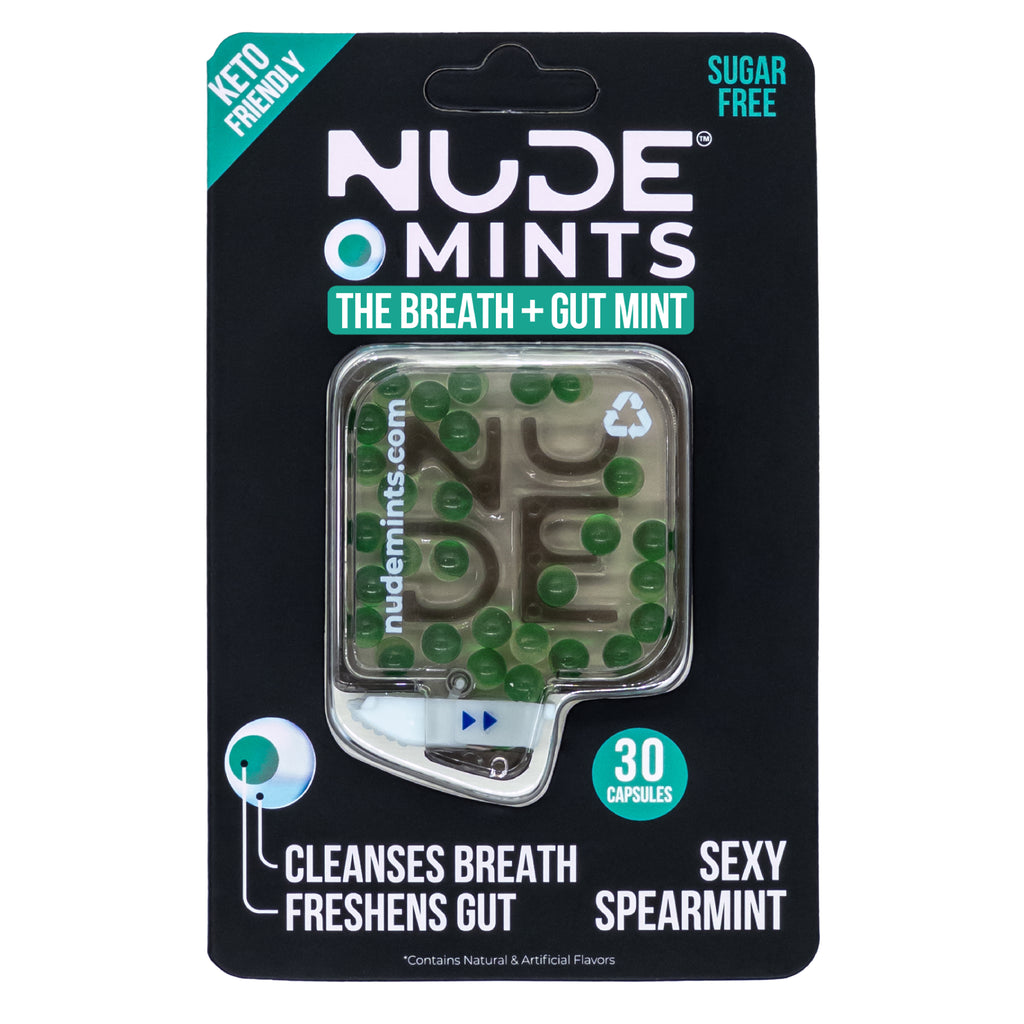The Link Between Poor Oral Hygiene and Bad Breath
-
We understand the importance of maintaining good oral hygiene. We believe that good oral health is essential not only for the prevention of tooth decay and gum disease, but also for the prevention of bad breath. In this article, we will explore the link between poor oral hygiene and bad breath, and provide tips for maintaining good oral hygiene.
What Causes Bad Breath?
Bad breath, also known as halitosis, can be caused by a variety of factors. The most common cause of bad breath is poor oral hygiene. When food particles are left in the mouth, they can break down and release an unpleasant odor. Additionally, bacteria in the mouth can release volatile sulfur compounds which can also contribute to bad breath.
Other factors that can cause bad breath include:
-
Dry mouth:
When there is not enough saliva in the mouth, it can lead to dry mouth. This can cause bad breath because saliva helps to wash away food particles and bacteria in the mouth. -
Certain foods:
Foods such as garlic and onions can cause bad breath because they contain volatile oils that are released when they are digested. -
Smoking:
Smoking can cause bad breath because it dries out the mouth and can also leave an unpleasant odor on the breath. -
Medical conditions:
Certain medical conditions such as gum disease, sinus infections, and respiratory infections can also cause bad breath.
How Does Poor Oral Hygiene Contribute to Bad Breath?
When food particles are left in the mouth, they can break down and release an unpleasant odor. Additionally, bacteria in the mouth can release volatile sulfur compounds, which can also contribute to bad breath. Poor oral hygiene can also lead to gum disease, which can cause an infection in the gums. This infection can release an unpleasant odor and contribute to bad breath.
Tips for Maintaining Good Oral Hygiene
Maintaining good oral hygiene is essential for preventing bad breath. Here are some tips for maintaining good oral hygiene:

-
Brush your teeth twice a day:
Brushing your teeth twice a day is essential for removing food particles and bacteria from the mouth. Use a fluoride toothpaste and brush for at least two minutes. -
Floss daily:
Flossing is essential for removing food particles and bacteria from between the teeth. Be sure to floss gently and thoroughly. -
Use mouthwash:
Mouthwash can help to kill bacteria in the mouth and freshen the breath. Look for a mouthwash that contains fluoride and has been approved by the American Dental Association (ADA). -
Visit your dentist regularly:
Regular dental visits are essential for maintaining good oral health. Your dentist can identify and treat any problems before they become more serious.
Conclusion
In conclusion, poor oral hygiene is a common cause of bad breath. When food particles are left in the mouth, they can break down and release an unpleasant odor. Additionally, bacteria in the mouth can release volatile sulfur compounds, which can also contribute to bad breath. Maintaining good oral hygiene is essential for preventing bad breath. Be sure to brush your teeth twice a day, floss daily, use mouthwash, and visit your dentist regularly.
Looking for a fresh way to keep your breath minty-fresh? Try Nude Mints, the new way to freshen your breath without any artificial ingredients. With their natural flavors and sleek packaging, Nude Mints are perfect for on-the-go freshness. Get yours today and experience the natural difference!Top of Form
-
Dry mouth:
Get the freshest news on your favorite mouth cleanser and gut freshener!
Read More
-
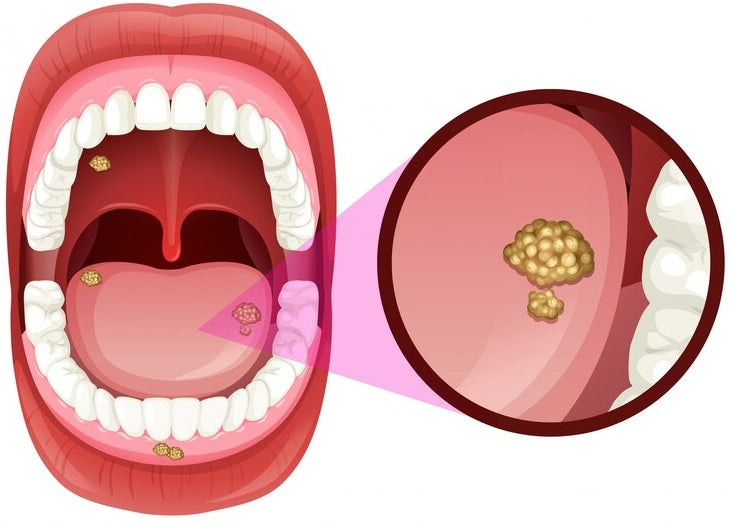
Halitosis: Understanding the Causes, Diagnosis, and Treatment for Fresh Breath
Halitosis, commonly known as bad breath, is a condition that affects a large number of people worldwide. It can be an embarrassing and isolating experience, but it is important to know that it is a common problem and that there are effective treatments available. In this article, we will discuss the causes, diagnosis, and treatment of halitosis. Causes of Halitosis Halitosis can have several causes, both internal and external. The most common causes include poor oral hygiene, dry mouth, certain foods and drinks, smoking, and certain medical conditions. Poor Oral Hygiene Poor oral hygiene is the most common cause of halitosis. When food particles and bacteria build up in the mouth, they can cause an unpleasant odor. Brushing and flossing...
-
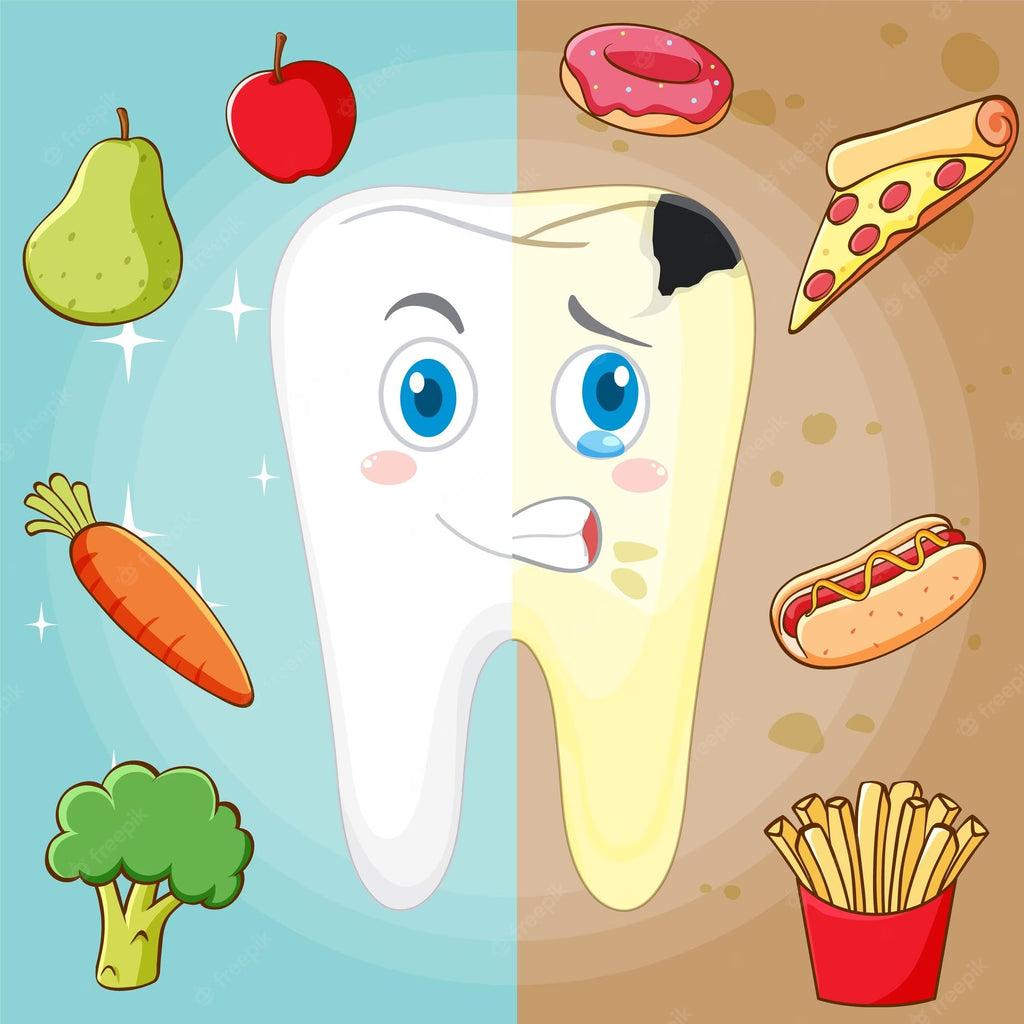
Crucial Connection Between Nutrition and Oral Health: Guide for Better Dental Care
As a dental health professional, we understand the importance of maintaining good oral hygiene to prevent cavities and gum disease. Brushing twice a day and flossing daily are essential habits, but did you know that nutrition also plays a crucial role in keeping your mouth healthy? In this article, we will explore the connection between nutrition and oral health and how you can make better food choices to support your dental health. How Nutrition Affects Oral Health Your diet can impact your oral health in many ways. A diet high in sugary and acidic foods can increase the risk of tooth decay and gum disease. When you eat sugary foods, the bacteria in your mouth feed on the sugar and...
-
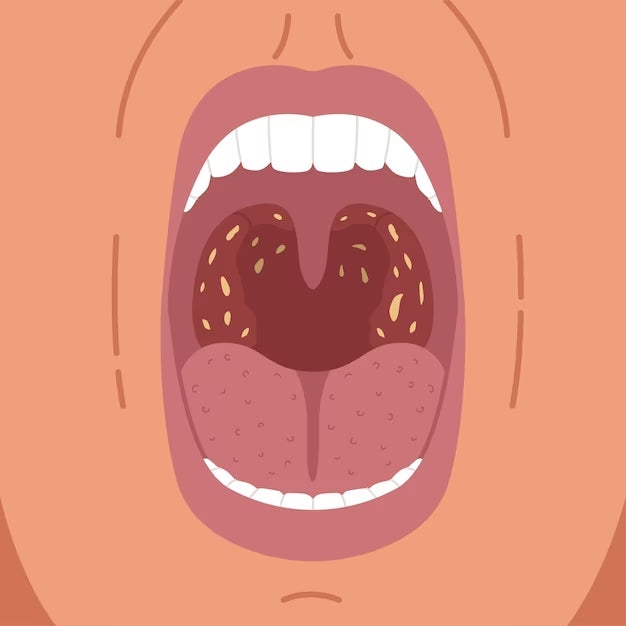
How to Treat Bad Breath Caused by Dry Mouth
Do you ever feel self-conscious about your breath? Do people avoid talking to you because of bad breath? Dry mouth, also known as xerostomia, can cause bad breath and make social interactions uncomfortable. In this article, we will discuss what causes dry mouth, how it leads to bad breath, and what you can do to treat it. Table of Contents What is dry mouth? Causes of dry mouth How dry mouth causes bad breath Signs and symptoms of dry mouth Diagnosis of dry mouth Treating dry mouth Home remedies for dry mouth Professional treatments for dry mouth Tips for maintaining oral hygiene Foods and drinks to avoid with dry mouth Conclusion FAQs What is dry mouth? Dry mouth occurs when...
-
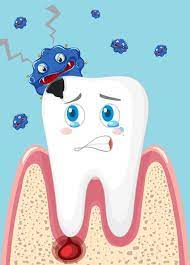
The Relationship Between Diabetes and Gum Disease: Understanding the Link
Diabetes and gum disease are two conditions that may seem unrelated, but research has shown that they are actually closely linked. In fact, individuals with diabetes are more likely to develop gum disease, and those with gum disease are more likely to have difficulty controlling their blood sugar levels. This article will explore the connection between diabetes and gum disease, and provide insights on how you can reduce your risk of developing both. The Relationship Between Diabetes and Gum Disease Diabetes is a condition that affects the body's ability to produce or respond to insulin, a hormone that regulates blood sugar levels. When blood sugar levels are consistently high, it can lead to a range of health complications, including nerve...

